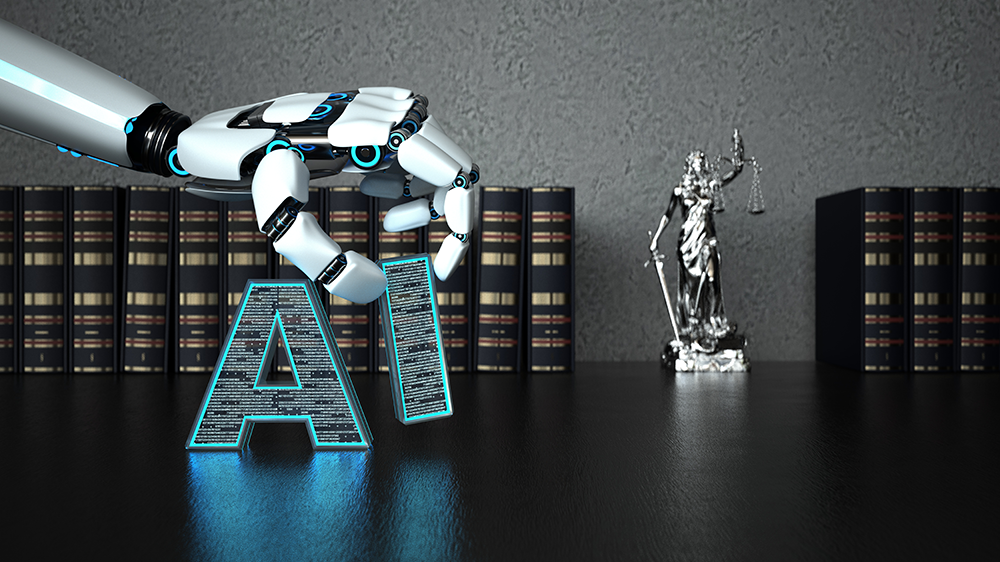Artificial intelligence (AI) is transforming the legal industry, and law firms that fail to embrace this technology may risk falling behind their competitors. AI can be used in many ways to improve the efficiency and effectiveness of your law firm, from document review to legal research to predictive analytics.
In this article, I will explore some of the ways you can use AI in your law firm to stay ahead of the technology curve and become an “early adopter”.
Uses for AI in Your Law Firm
Artificial Intelligence for Document Review
One of the most time-consuming tasks for lawyers is reviewing legal documents, contracts, and other legal paperwork. Artificial Intelligence in your law firm can be used to automate this process, saving time and reducing the risk of errors. AI-powered document review tools can analyze large volumes of documents and identify key information, such as clauses, terms, and conditions. This can help lawyers quickly identify potential issues and opportunities, allowing them to make more informed decisions.
Performing Legal Research with AI
Legal research is another time-consuming task that can be automated using AI. AI-powered legal research tools can analyze case law, identify relevant statutes and regulations, and provide insights into legal trends and developments. This can help lawyers stay up-to-date on the latest legal developments and make more informed decisions.
Using AI for Predictive Analytics
Artificial intelligence in your law firm can be used to analyze data and predict the outcome of legal cases, helping lawyers make more informed decisions. Predictive analytics tools can analyze data from past cases, identify patterns and trends, and predict the likely outcome of future cases. This can help lawyers develop more effective legal strategies and make better decisions about which cases to pursue.
AI-Powered Chatbots
AI-powered chatbots can be used to provide legal advice and answer common legal questions, freeing up lawyers to focus on more complex tasks. Chatbots can be programmed to provide answers to common legal questions, such as those related to contract law, employment law, and intellectual property law. This can help clients get the information they need quickly and easily, without having to wait for a lawyer to respond.
AI in Contract Analysis
AI can be used to analyze contracts and identify potential risks and opportunities, helping lawyers negotiate better deals. Contract analysis tools can analyze the language used in contracts, identify potential legal issues, and provide insights into the terms and conditions of the contract. This can help lawyers negotiate better deals for their clients and avoid potential legal disputes.
E-discovery Utilizing AI
AI can be used to search through large volumes of electronic data, such as emails and documents, to identify relevant information for legal cases. E-discovery tools can analyze data from multiple sources, identify relevant information, and provide insights into the case. This can help lawyers build stronger cases and make more informed decisions about which evidence to present in court.
Conclusion
Artificial Intelligence in your law firm can improve efficiency, reduce costs, and provide better service to your clients. However, it is important to remember that AI is not a replacement for human lawyers. AI can help lawyers do their jobs more effectively, but it cannot replace the expertise and judgment of a human lawyer. Therefore, it is important to use AI as a tool to support and enhance the work of human lawyers, rather than as a replacement.
AI is transforming the legal industry, and law firms that fail to embrace this technology risk falling behind their competitors. Early adopters of new technology stand to benefit competitively. By using AI in your law firm, you can improve efficiency, reduce costs, and provide better service to your clients. From document review to legal research to predictive analytics, there are many ways you can use AI to stay ahead of the curve.
Related:

